Rejection of council’s proposed cat by-law reinforces urgent need for statewide approach
July 02, 2020Following yesterday’s rejection by the Legislative Review Committee of Marion Council’s proposed Cat By-law, RSPCA South Australia has renewed its call for a statewide approach to cat management.
CEO Paul Stevenson says a unified statewide approach to cat management is the only way to turnaround the current, unsustainable situation of cat overpopulation and other issues with stray cats in SA.
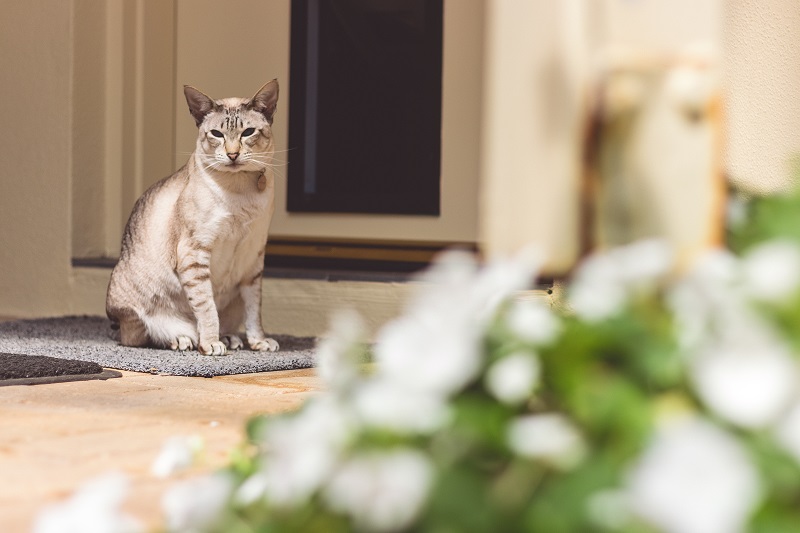
Marion’s proposed cat curfew
Back in March this year, Marion Council voted to implement their Cats (Confinement) Variation By-law 2020, under which all pet cats would be required to be confined to their owner’s property at night time.
As an animal welfare organisation, we welcomed this aspect of the by-law as a great step for promoting responsible cat ownership.
Keeping cats confined to their owner’s property is so much safer not only for wildlife, but for cats. It prevents them from getting hit by cars, injured in fights, lost, or even hurt or stolen by someone else.
Implementing this by-law also indicated that as an SA council, Marion was acknowledging its responsibility for cat management, which is what we’re asking from councils in our Cat Management Plan for South Australia.
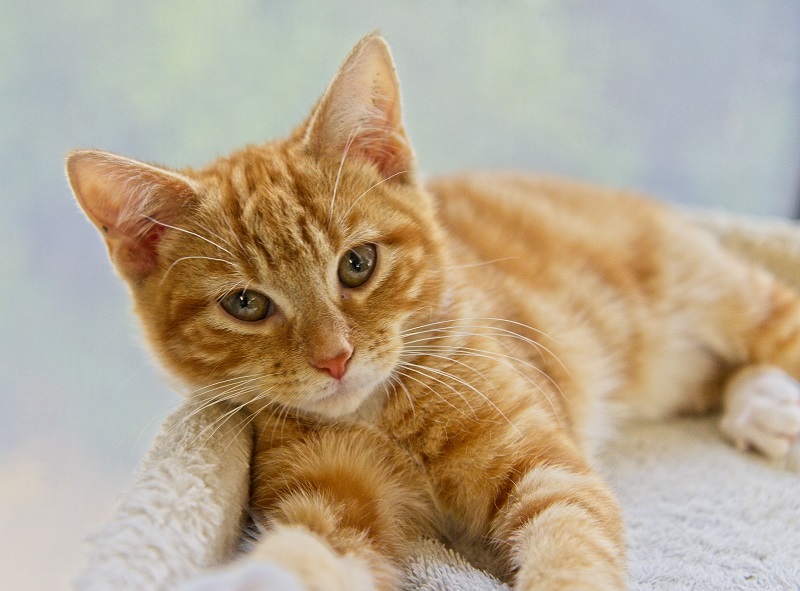
Cat traps a ‘free for all’ – and the clause to ‘destroy’ unclaimed cats
We took great issue with some elements of the by-law, including a clause that permitted locals to hire cat traps from the council and lawfully trap owned cats found wandering at night.
We also had great concern with the clause enabling ‘destruction’ of identified cats who were not claimed within 72 hours of seizure
The South Australian Government had issues with these clauses, too.
Last night, Parliament’s Legislative Review Committee ruled that the by-law wasn’t valid – as these clauses were inconsistent with SA’s Dog and Cat Management Act.
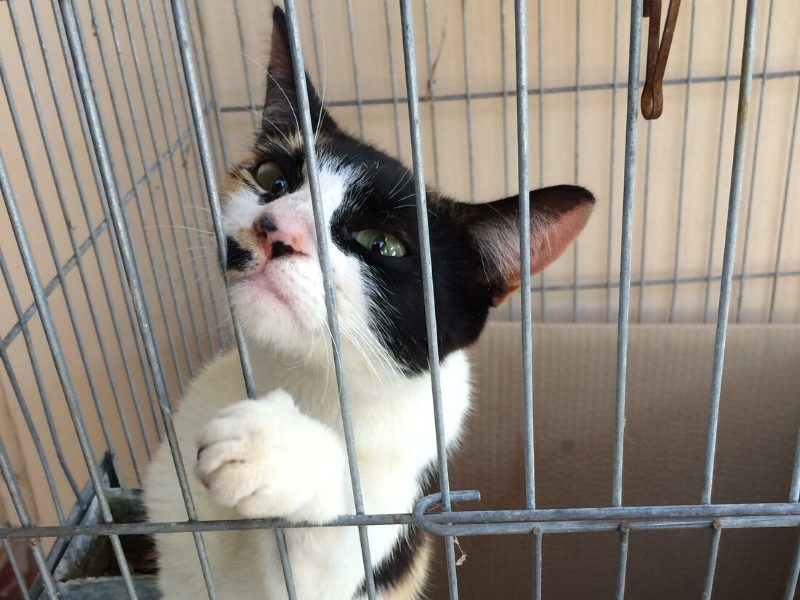
The ongoing need for a statewide approach
Going forward, we strongly believe that fully effective cat management in South Australia will only be possible when a statewide approach is adopted, instead of the current piecemeal approach by individual councils.
“Cats do not understand council borders, and we currently have about one third of councils with cat by-laws that are completely different,” RSPCA South Australia CEO Paul says.
“It is no surprise that they are proving to be totally ineffective in addressing the issue of cat management across our state.”
The Dog and Cat Management Board is currently reviewing the Dog and Cat Management Act and with changes due to be implemented in 2022, we are calling on the Board to prioritise cat management measures in the review.
According to Paul, South Australia seriously lags behind the rest of Australia in cat management legislation.
“We are well overdue in addressing that deficiency, and this review of the Act presents an obvious opportunity to fix what is becoming an increasingly urgent situation.”
Last year, RSPCA in conjunction with Animal Welfare League released a Cat Management Plan for South Australia, which sets out a roadmap for the measures that need to be implemented to protect cats, protect our wildlife and reduce nuisance complaints by residents.
“It is time to stop tinkering at the edges of this major issue, impacting humans and animals alike, and get on with the strategic rollout of all the actions detailed in this solid plan,” says Paul.
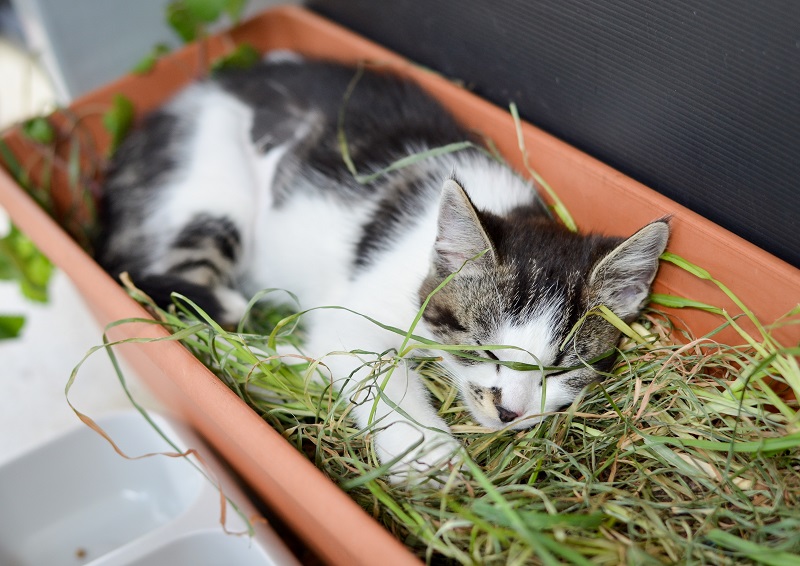
To learn more about how we can achieve the best outcomes for cats in SA going forward, head over here to download our Cat Management Plan for South Australia.


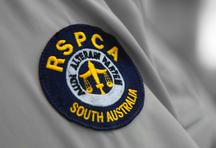

I love cats and it breaks my heart to hear of irresponsible people who a) don’t de-sex theirs and b) then allow them to wander, thus exacerbating the problem of strays and wildlife killing and increased births.
Does the RSPCA still kill cats if they cant rehome them within a specified time?
Hi Deidre we will hold onto a cat for as long as it takes to find it a new home and will never euthanise a perfectly healthy animal. Most consolidated euthanasia reasons are for untreatable illnesses, untreatable injuries and major behavioural issues. In fact, our rates have dropped dramatically across the board. You can find out more information through our most recent annual report.
https://www.rspcasa.org.au/wp-content/uploads/2020/10/2019-20-Annual-Report-FINAL.pdf
I live ikn the marion council and have walked the area and have found numerous birds with no heads in my area. At 3am I can hear the birds calling in distress because a cat is on the base of the tree trying to sneak up. At a instance imbup and out shooing it away from my property. It a a nuisance and it’s killing wildlife. I have found at least 3 cats all on the same street and have chased all 3 of them on separate occasions back to their property and realized that these cats were neighbor’s and the cats are working together to kill natural wildlife. Thus is unsustainable, been going on too long and it’s time Australian wakes up and fixesbthus before all native species are eradicated by pets.
Racheal, exactly where have you seen these decapitated birds as i would like to see for myself. Have you photographic evidence? otherwise it would seem to me to be anecdotal or merely imaginings, that is not to say cats do not kill birds, however unless you have evidence it remains in the realms of an anecdote.
Too many cat haters trapping people’s pet cats…. Peoples pets which are desexed vaccinated microchipped and registered are not the problem its the wandering onto other peoples property. When you trap and remove a pet from their territory which may overlap human boundaries and property, other animals move in like real Feral cats and Foxes which are a far bigger problem for wildlife and birds. Since non of them are desexed registered or microchipped.
I live in a semi rural area in the Adelaide hills and the Cat laws are very strict. I will not pretend a pet cat does not kill small animals, they do, and for this i do agree with keeping them in at night. But they need freedom during the day to protect and maintain their territory also. They need to climb and run at their own pace without a leash they need to engage and be social. They are not dogs but the new cat laws treat them the same. Being caged all day whilst an owner goes to work is not ideal their moral drops their out door territories are lost and opens up to predators their psychosocial need takes a huge hit its not ideal for older cats. My cats are 11 years old farm cats who lived through two mouse plagues in NSW before coming here. I needed them to catch all the mice they could and they did.
They are so useful and worth their weight in gold they actually assisted in keeping feral cats rats and mice at bay and feral rabbits too. These plagues cost our famers and our governments millions. Cats do have a role, in this way actually helping native wildlife by keeping rats and mice numbers down.
It is not their fault they fall into the wrong hands of humans who hate them and feel so entitled to trap them or hurt them.
When a cat has the collar with the owners phone number on it, the microchip and desex tattoo in the ear….The new Cat laws need to protect them. Protect pet cats also.